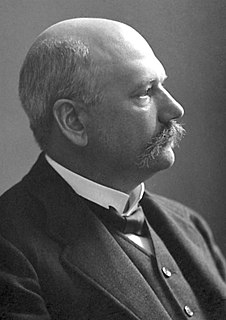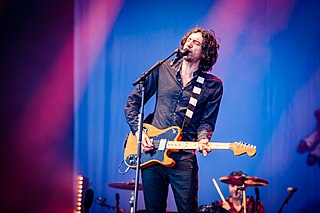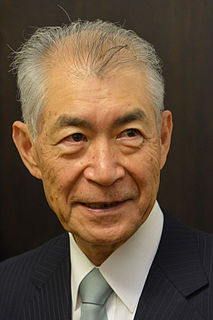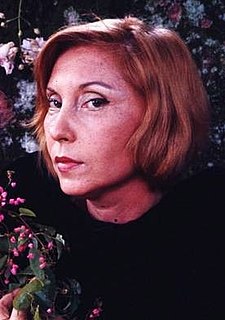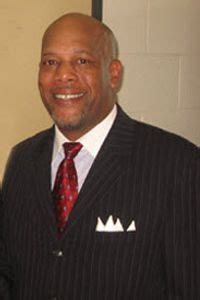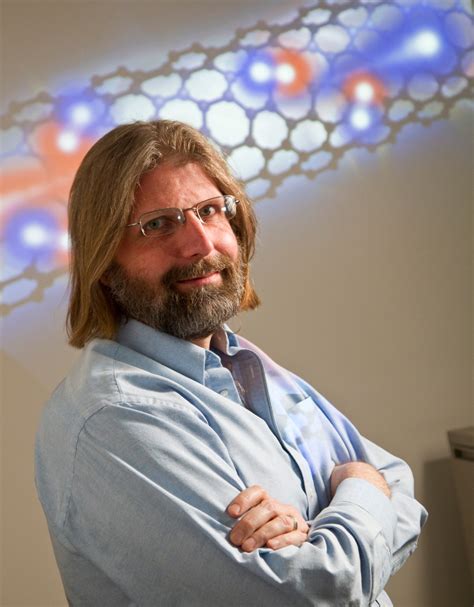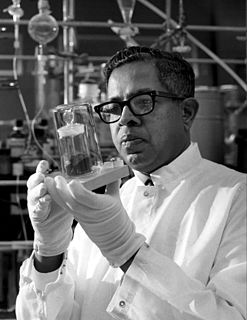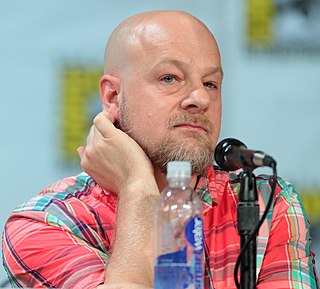A Quote by Duncan Trussell
Related Quotes
Originally, the atoms of carbon from which we're made were floating in the air, part of a carbon dioxide molecule. The only way to recruit these carbon atoms for the molecules necessary to support life-the carbohydrates, amino acids, proteins, and lipids-is by means of photosynthesis. Using sunlight as a catalyst the green cells of plants combine carbon atoms taken from the air with water and elements drawn from the soil to form the simple organic compounds that stand at the base of every food chain. It is more than a figure of speech to say that plants create life out of thin air.
All the green in the planted world consists of these whole, rounded chloroplasts wending their ways in water. If you analyze a molecule of chlorophyll itself, what you get is one hundred thirty-six atoms of hydrogen, carbon, oxygen, and nitrogen arranged in an exact and complex relationship around a central ring. At the ring's center is a single atom of magnesium. Now: If you remove the atom of magnesium and in its exact place put an atom of iron, you get a molecule of hemoglobin. The iron atom combines with all the other atoms to make red blood, the streaming red dots in the goldfish's tail.
I wrote an album about being in love. I don't think it's possible to write an album while you're in love - why on earth would you bother? I mean, Christ. If you're in there writing songs about someone rather than just being with them and kissing their every molecule, surely the person that you're with must be asking some questions as well.
Here's the problem - carbon dioxide doesn't contribute to smog and isn't a health threat. All of this is being done because some people believe carbon dioxide is causing global warming, and that preventing carbon dioxide from entering the air is the only answer. Never mind that there is still an ongoing scientific debate about global warming itself, and that some respected climate scientists believe that methane is a better target, California legislators have locked their sites on carbon dioxide.
I have lived much of my life among molecules. They are good company. I tell my students to try to know molecules, so well that when they have some question involving molecules, they can ask themselves, What would I do if I were that molecule? I tell them, Try to feel like a molecule; and if you work hard, who knows? Some day you may get to feel like a big molecule!
We can come up with a working definition of life, which is what we did for the Viking mission to Mars. We said we could think in terms of a large molecule made up of carbon compounds that can replicate, or make copies of itself, and metabolize food and energy. So that's the thought: macrocolecule, metabolism, replication.
If there were no internal propensity to unite, even at a prodigiously rudimentary level - indeed in the molecule itself - it would be physically impossible for love to appear higher up, with us, in hominized form... Driven by the forces of love, the fragments of the world seek each other so that the world may come into being.





